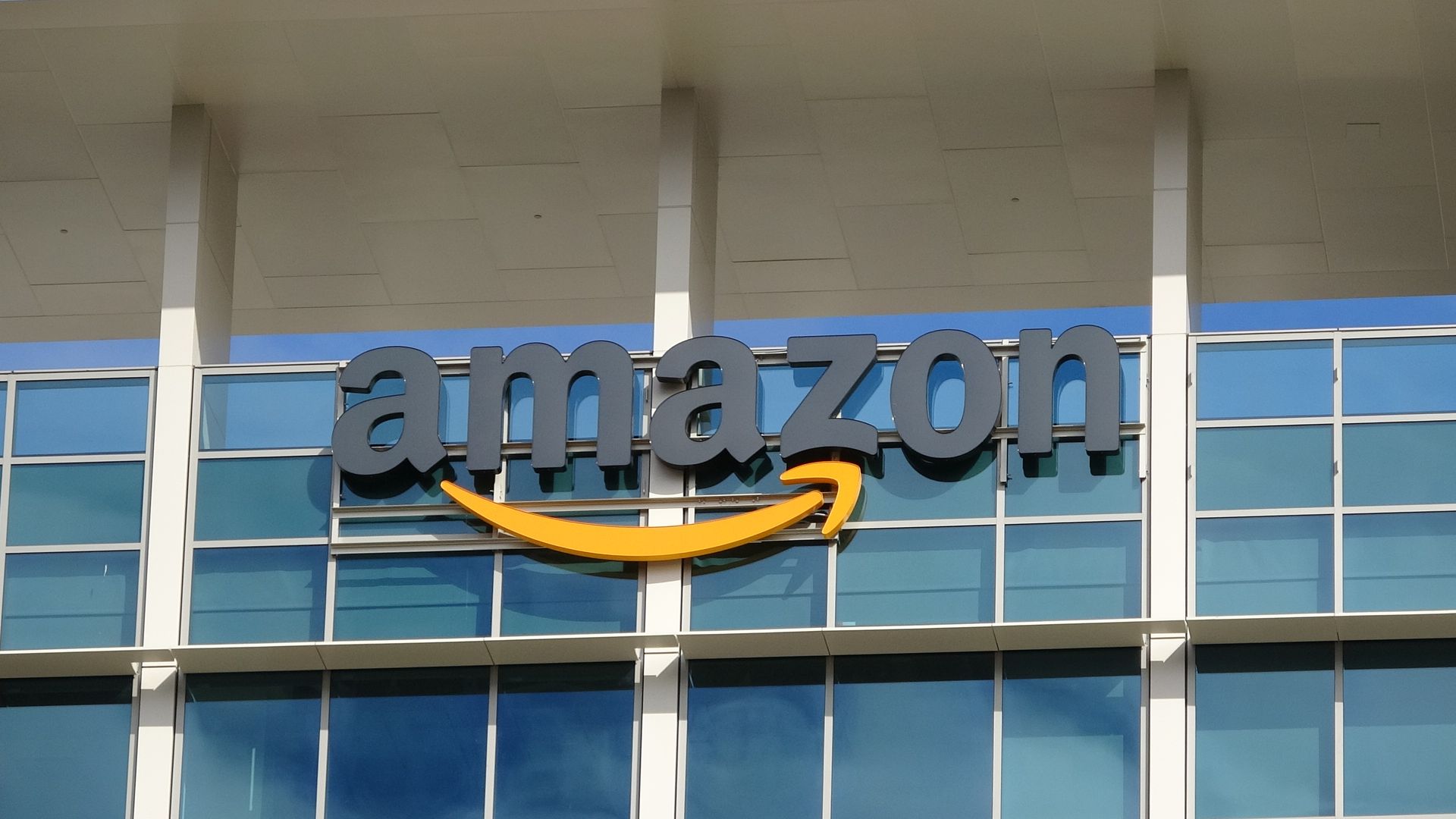All of Amazon's major 2018 acquisitions
Add Axios as your preferred source to
see more of our stories on Google.

Photo: Smith Collection/Gado/Getty Images
Amazon made waves Tuesday when it was reported that the e-commerce giant has entered a bid for Disney's 22 regional sports networks, collectively worth $20 billion.
The big picture: In terms of mergers and acquisitions, 2017 was Amazon's most active year on record, according to CB Insights, headlined by its $13.7 billion purchase of Whole Foods. But while national attention was largely fixated on the company's year-long search for a second headquarters, Amazon's M&A pace in 2018 remained strong.
Timeline:
- Jan. 23: Amazon's cloud business acquires cybersecurity software company Sqrrl, which analyzes big data to hunt cyber threats. Amazon's purchase of Sqrrl, whose founders used to work for the NSA, came as the company sought to solicit more business from U.S. intelligence agencies, per CNBC.
- Feb. 27: Amazon acquires video doorbell startup Ring, reportedly for north of $1.2 billion. In addition to being another connected home play for Amazon, the purchase could further its plans to enable delivery workers to leave packages inside of buildings.
- June 28: Amazon agrees to acquire online pharmacy PillPack reportedly for $1 billion, setting off an industrywide frenzy as prognosticators forecast doom for traditional pharmacies like Walgreens and Rite Aid. But as Axios' Bob Herman explains, Amazon still has a long way to go if it wants to drastically change the drug supply chain.
- Aug. 28: Amazon Pay acquires all-in-one Indian app aggregator Tapzo r for about $40 million. Per the Times of India, the purchase is "expected to boost Amazon's ambitions of a stronger play in the fledgling Indian digital payments space."
- Sept. 19: Amazon's investment arm acquires 49% of Indian food and grocery retail chain More, which has more than 540 supermarkets and hypermarkets across India. Per CNN, the move "will intensify [Amazon's] battle with Walmart for the country's hundreds of millions of shoppers."
Between the lines: While these acquisitions didn't get the same amount of attention as Amazon's Whole Foods deal, antitrust scrutiny of Big Tech companies is growing in general.
- President Trump told "Axios on HBO" this month that his administration is looking seriously at antitrust action against the company.
- The company's aggressive growth in a diverse array of areas — from cloud computing to pharmacies — makes it difficult to peg as a monopoly in a traditional sense.
- Critics worry it will end up controlling wide swaths of the e-commerce supply chain, further cementing its dominance.
Correction: This story has been updated to note that the price of Amazon's acquisitions of Ring and Pillpack are speculative.
